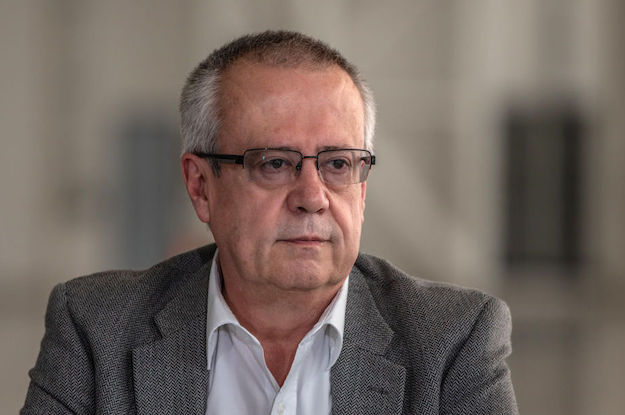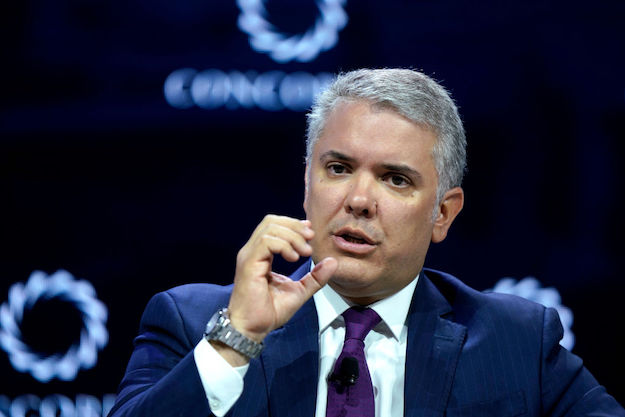MEXICO CITY – In all my decades observing Mexican politics, I have never seen a public resignation like this one.
On July 9, Carlos Urzúa announced in a letter that he was stepping down as Mexico’s finance minister. The letter was explicit, forceful, scathing, and above all revealing. Mexican officials usually resign for “health reasons.” Urzúa chose to send a warning: This administration isn’t working, and I don’t want to be stuck on a sinking ship.
Urzúa’s letter included four critiques of Andrés Manuel López Obrador’s government. First, that decisions are made without proper analysis or evidence. Second, that Urzúa was being forced to resign not as a matter of ideology, but over fundamental concerns about public finances. Third, that officials without the requisite knowledge have been tasked with managing essential government functions. And fourth, that there are patent conflicts of interest within the government’s team.
The trigger for Urzúa’s resignation was not immediately clear, but on those four points the letter leaves little room for speculation. It therefore offers a window into how this administration operates. Clearly, the problem revealed in Urzúa’s letter does not lie in alleged differences between left and right or so-called moderates and radicals, but in a lack of economic and financial rationality behind decisions that are being made.
Demonstrations of this dynamic abound. The National Development Plan, for example, was published in two parts: one an ideological exposition proffered directly by López Obrador, and the other a more traditional financial approach drafted by the office of the finance minister. That López Obrador discounted the importance of the finance ministry’s version was, in hindsight, a sign of things to come.
In this sense, Urzúa’s letter is more about López Obrador specifically than about any possible conflict within the Cabinet. For López Obrador and the markets, this is strike two (whether he realizes it or not); the first was the cancellation of his predecessor’s airport project.
Naming Arturo Herrera, a deputy under Urzúa, as the new secretary was an obvious choice. Like Urzúa, Herrera knows the president well and has worked with him in the past. The two economists’ histories with López Obrador are nearly identical. But they differ in two important ways: First, Herrera has experience in the field of international financial organizations, having worked at the World Bank. Second, Herrera is more inclined to say what he thinks.
A few months ago, in an interview with the Financial Times, Herrera said that a new refinery project at Dos Bocas was not financially viable. He knew full well that López Obrador would offer a rebuke, but made the comments anyway – true to his responsibilities as the deputy secretary.
So what comes next? Urzúa’s letter is so directly aimed at López Obrador that the president cannot avoid seeing it as a warning: the risks that the administration is taking through its behavior could well lead to financial catastrophe. This is not about the growth rates, but essential financial stability.
In the first months of López Obrador’s administration, it is the financial markets that have maintained stability in the exchange rate. The question the markets will be asking themselves now is not whether Herrera is the right person for the job – but rather, if things go wrong, who might possibly replace him?
It’s possible that the immediate issue that led to Urzúa’s resignation was over Pemex, the state oil company. The administration is due to present a financial plan for the company in the coming weeks. It is now up to Herrera to convince financial markets that things will improve under his watch. Herrera’s stricken facial expression as he was announced as Urzúa’s replacement suggests he knows what lies ahead. But if he succeeds, it will mean López Obrador has understood the risks inherent to ill-conceived decisions. The proof will be in the pudding.









